Alexandra Palt: "It's always been my motive to bring positive change in society"
The CEO of the L’Oreal Foundation on how women can ask for more, the climate crisis' impact on women and advice on ditching imposter syndrome
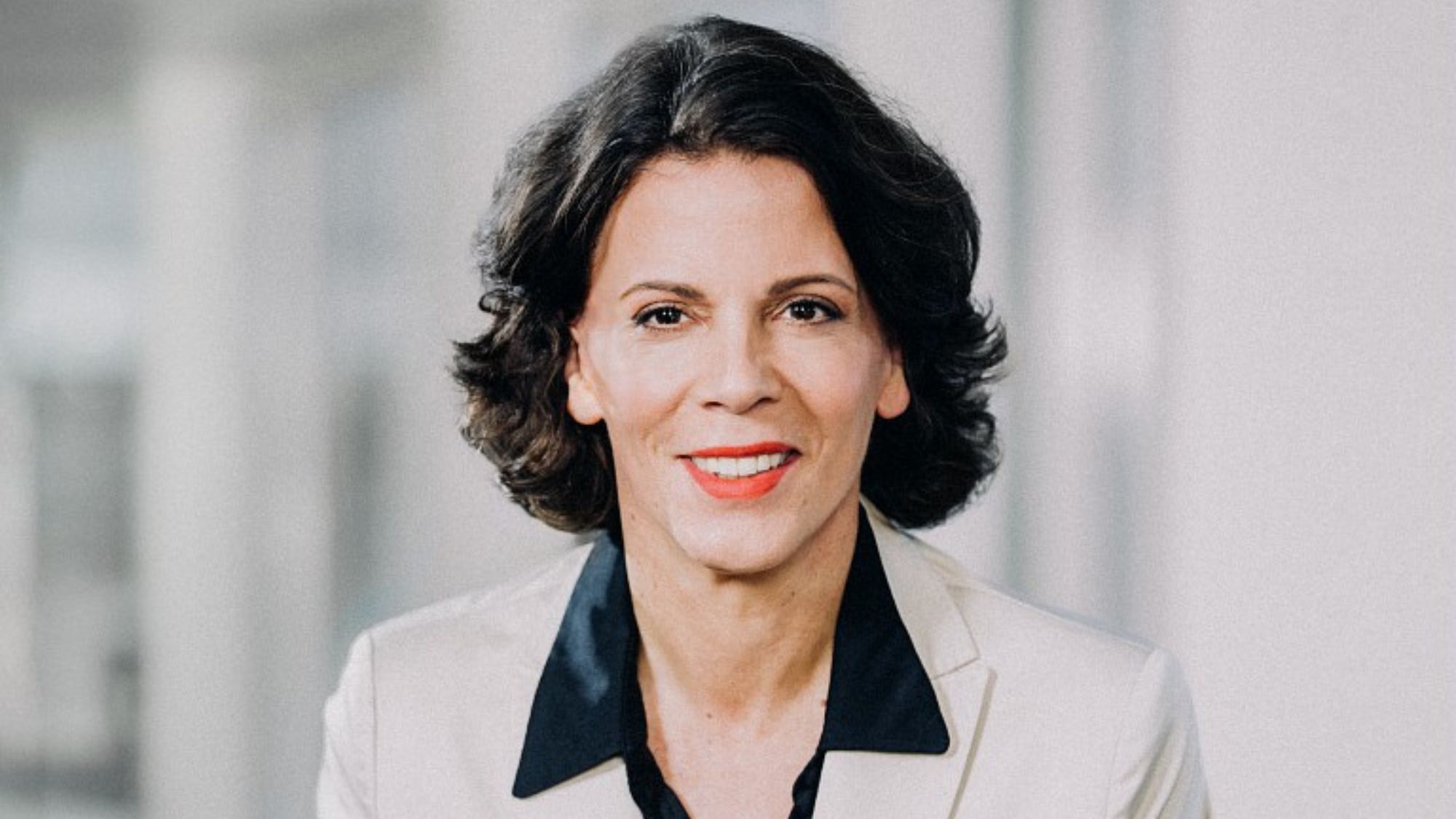
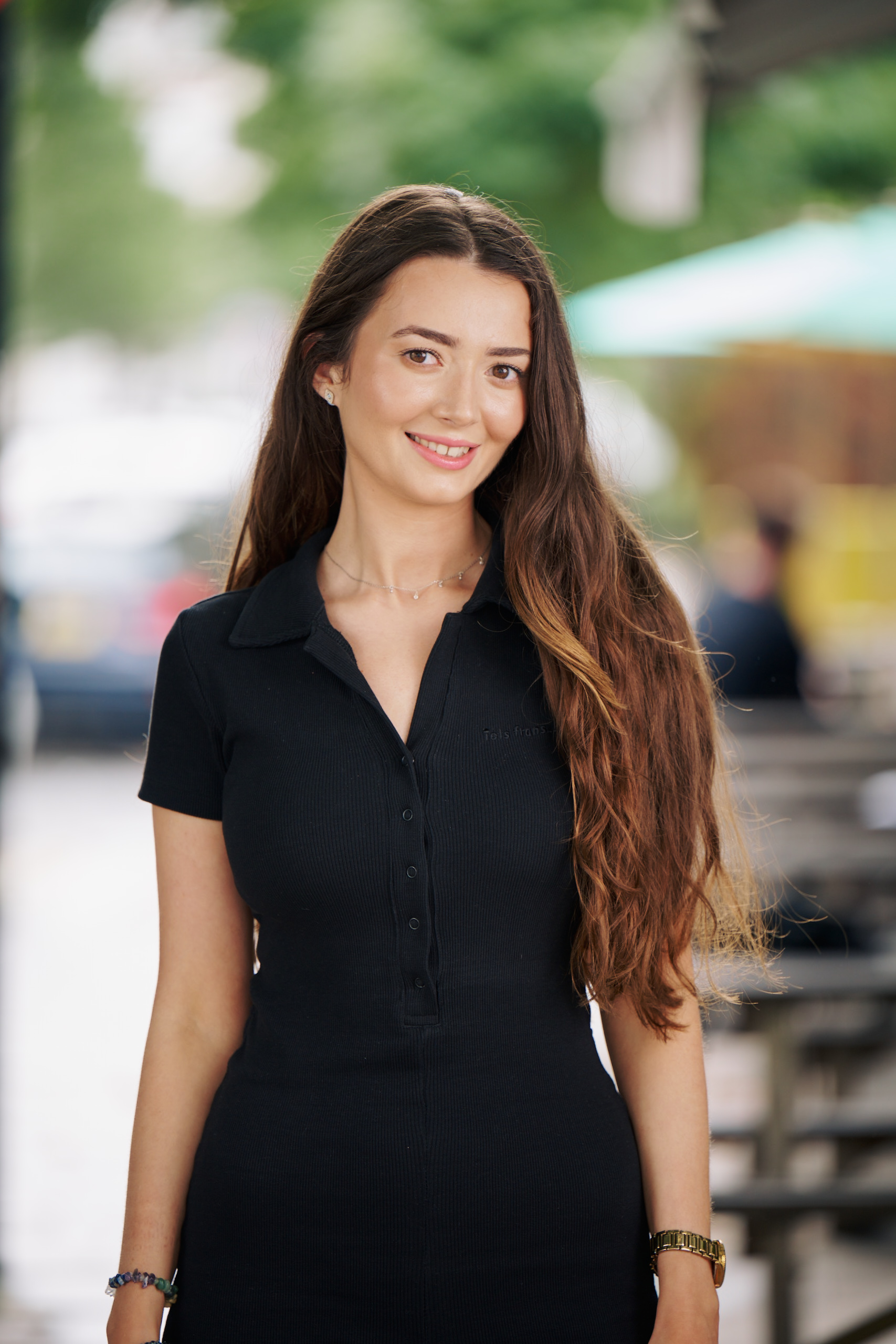
Women in Science don’t always get the recognition they deserve, so accolades such as the L’Oreal Foundation and UNESCO Women in Science International Awards are vital in championing their achievements and breaking down any barriers for women in STEM.
The L’Oreal Foundation supports women through inclusive beauty practices and sustainable actions. And for the past 25 years, it has partnered with UNESCO to create a Women in Science program that empowers female scientists to overcome any barriers to progression.
Following its Women In Science awards ceremony in Paris, I sat down with Alexandra Palt, CEO of the L’Oreal Foundation and Chief Corporate Responsibility Officer, to discuss how L'Oreal has been supporting women for the past 25 years and what we collectively can change for the better.
Before joining the L’Oréal family as Chief Sustainability Officer in 2012, Palt studied law with a particular interest in human rights, and it quickly became clear from our conversation that bettering society is at the heart of everything she does. From launching L’Oreal’s first sustainability program and celebrating her team’s successes over her own, to realising her challenges can never be compared to the women she's met on the ground through the brands Women's Fund.
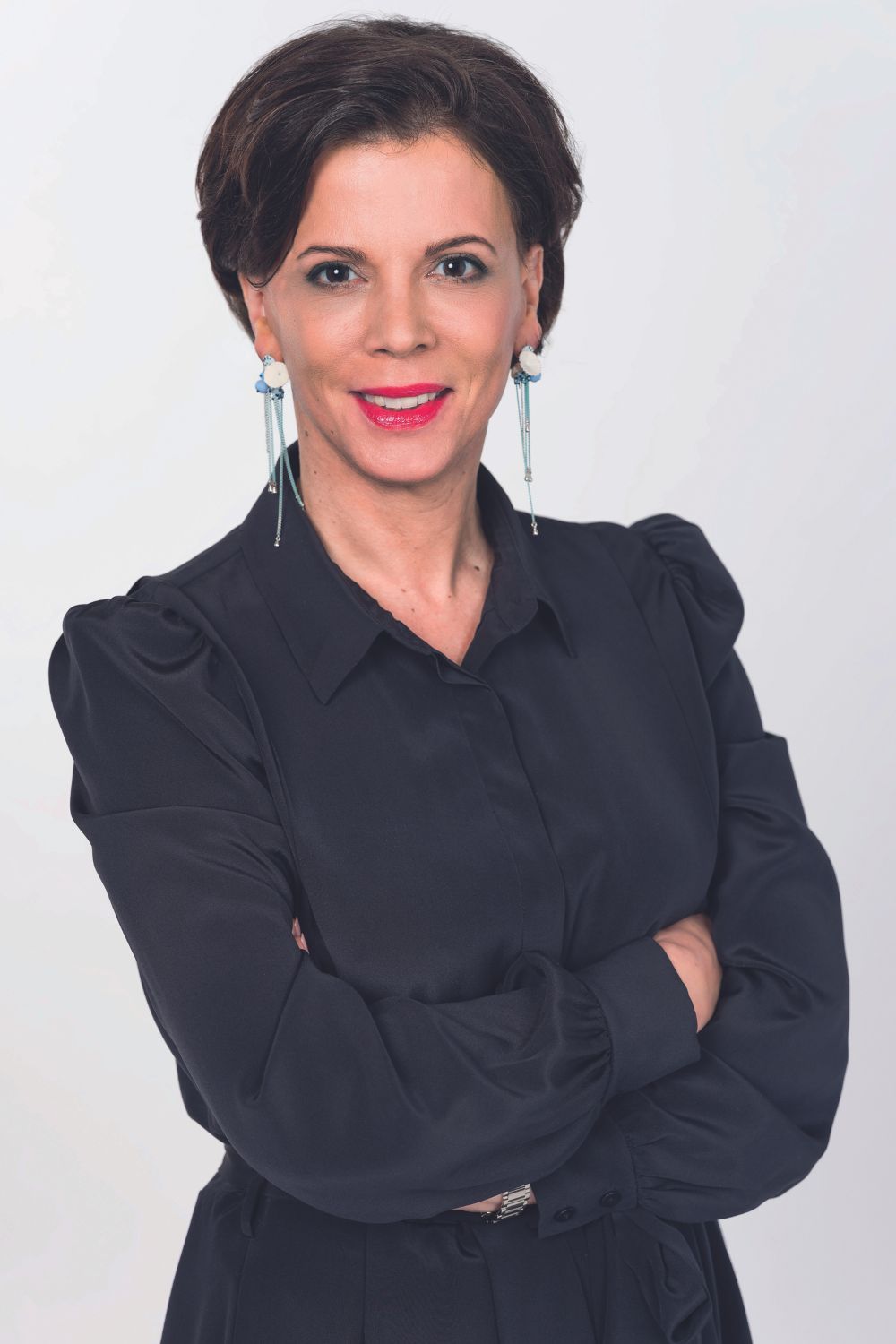
Take me back to the start of your L'Oreal journey. How did you get to where you are today?
L'Oreal is part of my life, but I had a life before. I joined L'Oreal when I was 40, 10 years ago now. I actually studied law, and I was working in different NGOs - I was an activist and have worked in the NGO sector and public authority. Then I thought, I’ll see what the corporate world looks like and if I can make a change there. That's the way I came to L'Oreal and it's been a journey in the last 10 years to make a lot of changes and to really contribute to its long history. It was a change of perspective, but it's always been my motive to bring positive change in society, wherever I can.
How have attitudes to sustainability changed over the past ten years?
Well, there is more greenwashing out there, but also much more commitment. But for me, greenwashing is not the biggest problem we have in society. The most significant issues in my opinion are climate change, biodiversity loss, poverty, inequality, and discrimination, so a lot of really huge problems. When I go back to 20 years ago, I started to work on that issue that is now years later, corporate responsibility. 25 years ago, I remember being asked who is ever going to pay you for doing that. What company is going to be interested in doing good for society? There has been a transformation, but it isn't enough, and there are still a lot of things that have to be done. There are still certainly a lot of companies that are not doing anything, but there are also a lot of companies who have really changed and who are really trying, not to be perfect because we are not perfect, but trying to become better organisations - better for themselves, better for society and better for the environment. It also brings hope to those who see the world as a dangerous place for future generations. It's not enough yet, but it exists, and we should find hope in that.
What pushes you?
I am passionate about human rights. Climate change is the biggest threat to rights - women's rights, children's rights, and human rights. And that suffering that is happening to people is something that I would like to end. I want to end injustice and suffering - that's exactly what keeps me going. I had this very profound intuition that this issue would become important. And actually, it did. I made a career out of it, so I can't complain. We see there is hope - there is hope in different spaces. And we should acknowledge that hope.
Marie Claire Newsletter
Celebrity news, beauty, fashion advice, and fascinating features, delivered straight to your inbox!
Can you talk me through some of the initiatives that you're most proud of? I know that you are a particular champion of women in science…
You know, I don't get proud - that’s not the way I function. But there are things that are really important to me. The women in science programme, but particularly that we have contributed to shed light on the issue of women and climate. This is, of course, related to women and science, but it is also independently an important issue because women are disproportionately impacted by climate change. And drawing attention to this issue is something that was really important and is still really important. I think the fact that all L'Oreal employees today feel empowered on sustainability, and want to contribute and are often able to contribute, is really a great achievement. It has really become part of our values.
What is the bravest thing you've done in business?
People think I'm courageous because I always speak up, even if it's uncomfortable. That kind of bravery is something that I muster daily. But I know many more courageous people than me - women refugees, women who succeed in bringing up their children in challenging urban areas and making kind people out of them. So there are many more courageous people in this world than than I am.
How do you find the courage to speak up about things that are important to you?
I keep perspective on what is important, what is not important, who is important, who is not important. I'm very happy in my family, so I do not have the feeling that I need to be loved by everybody. I'm quite independent of what other people think of me. I know that the only way I will be able to look back at my life and think I have been successful is by staying true to my values. And so it's out of pure egoism that I’m courageous, because I want to be able to look back at my life and say, I have done what I needed to do.
What has been your greatest challenge?
My greatest challenge, I think, is to try to be a good mother and educate children, and adults. And to do this while being an activist and staying committed to my work. So I think the most important thing is to stay human, and keep the sense of humanity against all odds. That is the challenge, but that's also the leitmotif. So, when I see what other people - other women - go through and overcome, I do not feel that my challenges are worth discussing. We work a lot with women in challenging situations through our Women's Fund, and I always go on the ground and meet these women. So there are hundreds of millions, probably billions, of women outside there, who have real challenges to overcome. I think we should all be aware of our privilege every day and try to be responsible for that privilege. So I can't even tell you my challenges. A less philosophical, more down to the earth challenge I think is probably to make more people understand the importance of sustainability.
Do you have any advice on how women can ask for more? Whether that's a pay rise or a promotion…
The problem is that all women have that kind of imposter syndrome. The idea that we are lucky to be where we are, and then people remind us of that all the time. When we succeed in our lives, we are either lucky or we should be grateful. And so I think there really is something about the intrinsic value of ourselves that women still have to work on. More my generation, perhaps, than the younger ones. What I found really helpful was having a network - discussing with other women who I found extremely brilliant and interesting, and who had the same experience as me. So I think the idea of sorority or sisterhood is essential because when you see a brilliant woman on the other side of the table telling you about feeling not in her right, not feeling legitimate, not feeling competent enough yet, then you understand. I had a kind of Oracle moment once because all my life men had always told me that I'm too much - too dominant, too ambitious, too aggressive or too tough. I always kept going home thinking, I have to change, I have to work on that, that's probably a problem. And then at one point I discussed it with other women, and I found all the women who succeed are constantly told that they are too much, you know - that was my Oracle moment. And from then on, every time a man has told me that I am too much of something - I'm sorry, but that is not my problem. You know, I understood the difference between my problem, his problem and society's problem. So my problem is about improving, becoming a better person and a better professional. But when a guy tells me I'm too much then I know that he has a problem, and that's his story. And then there is inequality in society. So I think I would advise women to really learn to analyse what is my problem, his problem, and society's problem.
Have you ever felt discriminated against as a woman in business?
I probably have been discriminated against - I wouldn't say it like that, but to systemic inequalities? Yes. But my husband is Black, so I know what discrimination looks like when it's open and direct, and so I have suffered less from that. I would say it's more systemic - saying something in meetings and having nobody listen, then a guy afterwards saying the same thing and everything going, oh what a great idea - that kind of thing. So yes, I have experienced that as all women do. But direct tough discrimination - I don't think that is still accepted in the business world anymore.
How can you achieve the right balance between work and your personal life?
That is a mammoth challenge, because I'm always doing the two at the same time - working and being with my children. The only thing that is really important for me is that my children know that even though I have worked a lot when they were small, that they have no doubt that they are the most important thing in my life.
Do you have a mantra?
It's a phrase from a French religious person who created a big NGO - "wanting to see and daring to say". So I want to see things. Now I want to see justice and incoherence from discrimination and inequality, and I have the courage to say. But wanting to see it is as important as daring to say.
How do you celebrate success?
I don't really, because it's not my success. I bring positive things to society, it makes society a little bit better perhaps and then there is still a lot of work. It's my team's success because I have all these wonderful and very competent people around me, and they do the work. So I don't celebrate my successes anymore, I celebrate their success.
What would you want to change for women?
Probably to be free of violence.
What could we all achieve if we supported each other?
Not feeling alone and knowing that it is a shared experience. That it is not an experience that just happens to you because it's your fault - that it is a shared experience of being a woman, and a woman in our society. This can come from talking, from being open and transparent. Our experience is the same. It's worse of course when you suffer from other factors of inequality, but we all have some elements that we share, exposure to violence, and so on. So that sisterhood is really necessary.
Dionne Brighton is a writer at Marie Claire UK, specialising in all things shopping, beauty and fashion. Born and raised in North London, she studied Literature at the University of East Anglia before taking the leap into journalism. These days, you can find her testing out the latest TikTok beauty trends or finding out what the next full Moon means.
-
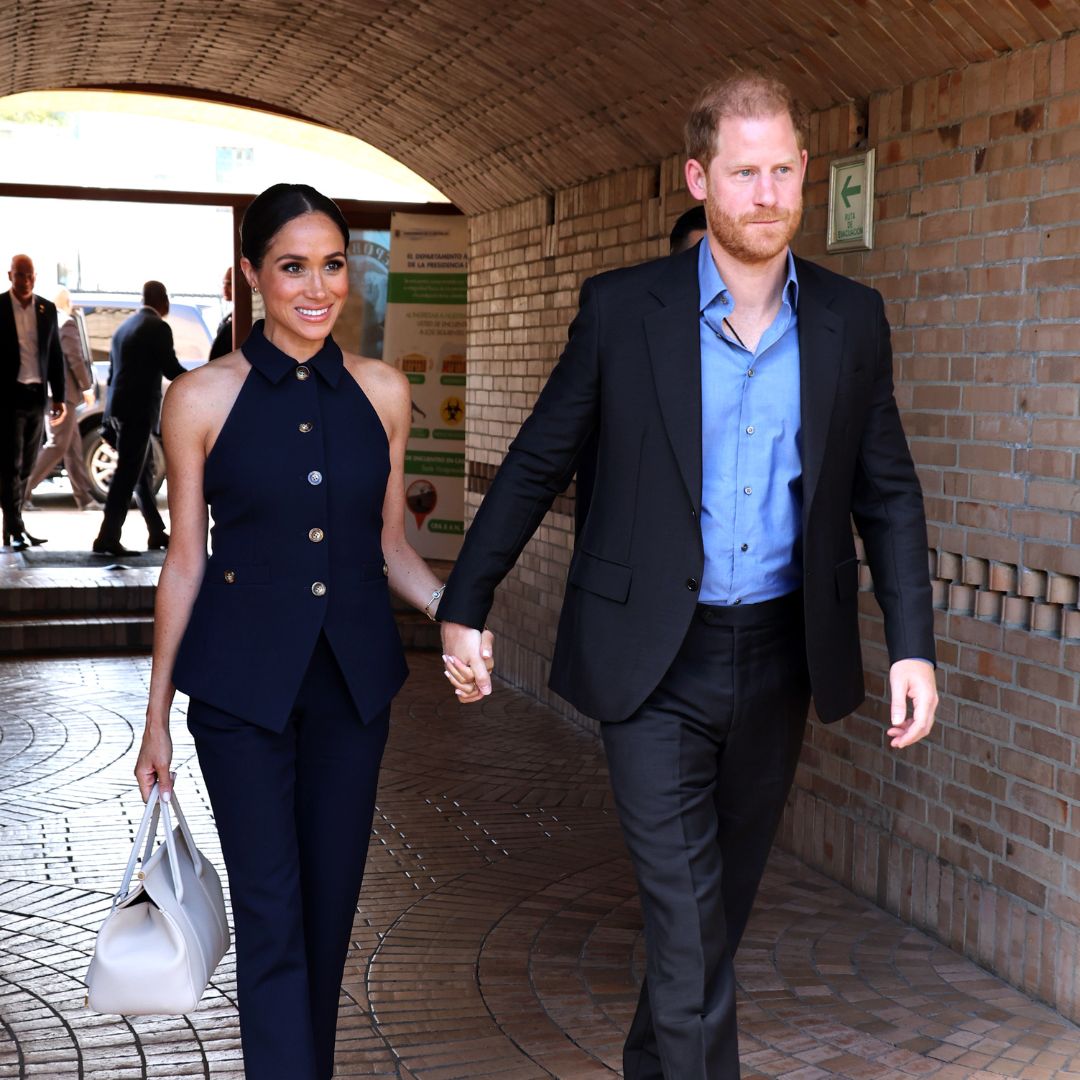 Prince Harry's "proud" words about wife Meghan Markle are going viral
Prince Harry's "proud" words about wife Meghan Markle are going viralBy Jenny Proudfoot
-
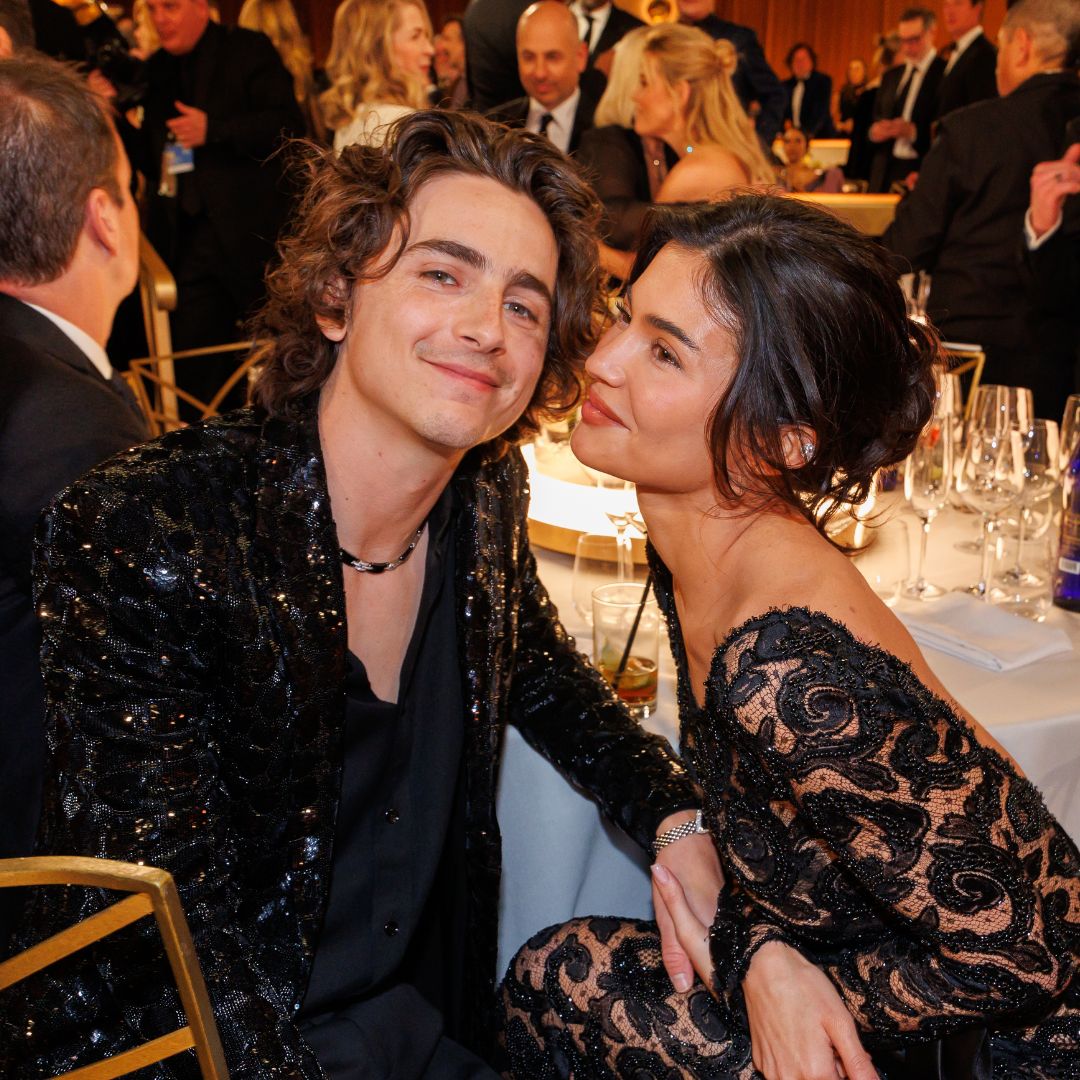 Sources have opened up about Timothée Chalamet and Kylie Jenner's "intense" start to the year
Sources have opened up about Timothée Chalamet and Kylie Jenner's "intense" start to the yearBy Jenny Proudfoot
-
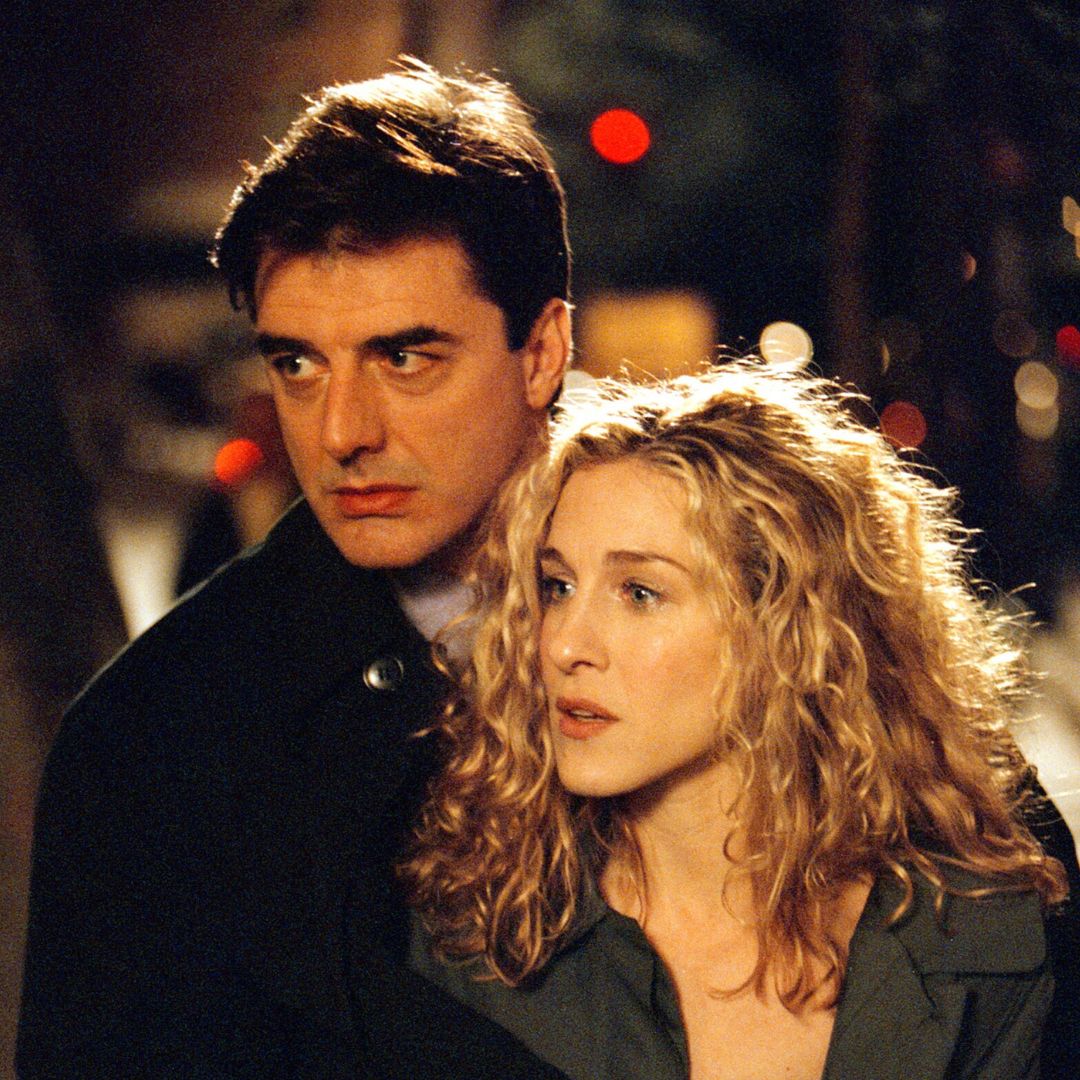 Two Hollywood actresses were offered the role of Carrie Bradshaw before Sarah Jessica Parker
Two Hollywood actresses were offered the role of Carrie Bradshaw before Sarah Jessica ParkerBy Jenny Proudfoot